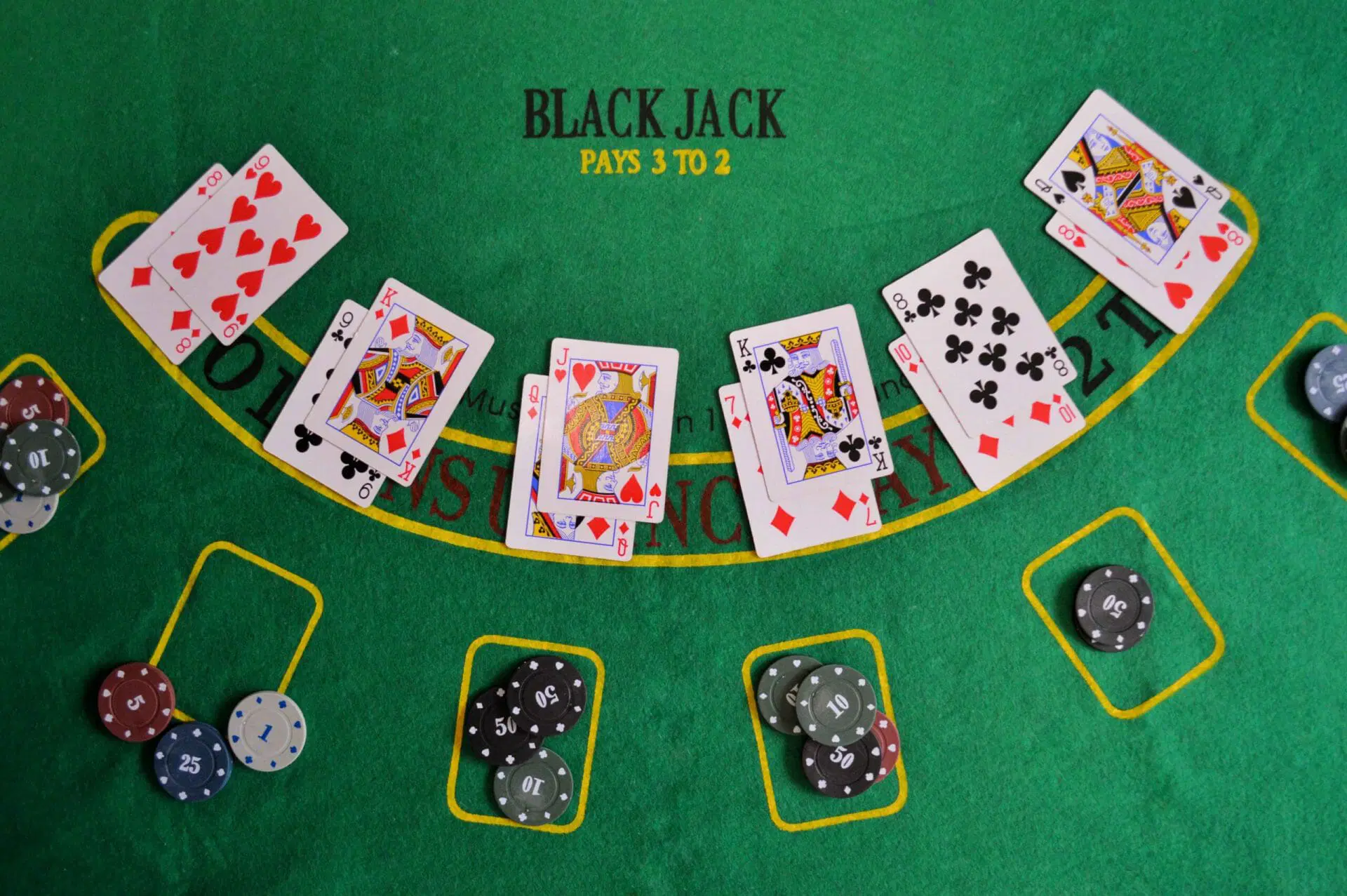Understanding the Legality of Card Counting in Las Vegas
Card counting often conjures images of suspenseful movies and daring gamblers, but when it comes to Las Vegas, there’s no need to fear legal repercussions for this popular blackjack strategy. In Nevada, using your memory and mental skills to keep track of the cards is not a criminal offense. Many industry veterans even argue that pioneers like Edward Thorp, known as the father of card counting, played a pivotal role in shaping Las Vegas into the casino powerhouse it is today.
Still, while the law is clear, casino policies tell a different story. As private venues, casinos reserve the right to refuse service to anyone, including suspected card counters. Surveillance teams may circulate your photo among other casinos, which can result in being asked to leave-or, in some cases, being banned-before you’ve even placed a wager.
Casino Consequences: What Happens If You're Caught?
Although you won’t face jail time for card counting, interacting with casino security requires caution. The real trouble arises not from the act of counting itself, but from how you handle an ejection. If security approaches and asks you to leave, it’s essential to comply calmly and avoid physical or verbal confrontation. Even a minor altercation or an ill-chosen comment can quickly escalate, potentially leading to arrest for trespassing or assault.
It’s worth noting that sometimes, you might not be immediately asked to leave. Many card counters-especially those who are inexperienced-lose at the same rate as other gamblers. Casinos tend not to invest much time in monitoring every player. If you’re identified as attempting to count cards but not actually profiting, the most likely outcome is a polite request to stop playing blackjack or other table games. You may then be directed towards slot machines or video poker as an alternative.
How Card Counting Works and Why It’s Permitted in Nevada

Card counting isn’t reserved for mathematical prodigies. At its core, it involves monitoring which cards have already been played-specifically, tracking the ratio of high to low cards remaining in the deck and increasing your wagers when the odds tilt in your favor. This methodology leverages the relatively low house edge found in blackjack.
However, when casinos adjust rules to favor the house-such as altering payout ratios or introducing additional card decks-card counters must adjust their strategies accordingly, sometimes making it tough to gain an edge. Notably, card counting is legal as long as it’s done solely using your own memory and mental calculations. Using devices, apps, or even discreet wearables to assist with the process is strictly prohibited, and has resulted in legal actions in the past.
A Nevada Supreme Court ruling also clarified that if a dealer inadvertently shows their hidden card and a player notices without additional aids or collusion, no law is broken. In contrast, illegal acts that will result in arrests include:
- Modifying your bet or the cards after they’ve been dealt
- Employing mechanical or electronic devices to aid play
- Collaborating with dealers for insights or advantage
- Using hidden cameras or optical aids to view concealed cards
The Evolution of Card Counting and Security in Vegas Casinos

Las Vegas has a colorful and, at times, violent history when it comes to casino security. In the mid-20th century, as Bugsy Siegel launched the Flamingo Hilton and the city’s population was about 20,000, organized crime firmly controlled the Las Vegas Strip. By 1980, those days were fading, and Las Vegas had grown into a sprawling metropolis.
Long before Edward Thorp’s landmark “Beat the Dealer,” books outlined the basics of blackjack strategy and the principles behind card counting. However, Thorp’s system-backed by computer research-captured the nation’s imagination and validated that blackjack could, in theory, be beaten with skill.
These developments led to real tension between card counters and casino operators, especially in the mob era. Thorp even reported attempts on his life after his book gained popularity, while others like Ken Uston and numerous hopefuls faced physical retaliation from casino enforcers. The apprehension many still feel about the legality of card counting often traces back to these days of harsh “frontier” justice.
Yet, casinos soon realized that most aspiring card counters did not possess the skill or discipline to consistently profit, despite their belief in “beating the game.” As a result, packed blackjack tables were good business, and fears of rampant card counter success faded. To make the house edge more robust, casinos introduced measures such as:
- Increasing deck counts from two to as many as eight
- Using cut cards to limit the number of cards dealt
- Removing favorable rules such as “Five Card Charlie” and surrender options
These adjustments reduced the effectiveness of card counting and-fortunately-the frequency of run-ins with security.
Modern Realities: Risk-Reward of Card Counting in Today’s Vegas
While the glamor and risk once associated with card counting have diminished, a handful of intrepid players continue to test their skills on the Las Vegas casino floor. Today, enforcement rarely goes beyond being asked to leave or facing casino-wide bans. The era of violent confrontations is long over, replaced by formalized procedures and strong surveillance networks.
In summary, card counting in Las Vegas is fully legal if done solely with your own mind, but it’s at the discretion of each casino whether they permit you to play. Ultimately, being respectful, mindful of the rules, and avoiding any assistance or collusion ensures a smooth visit-regardless of the odds you’re chasing.













